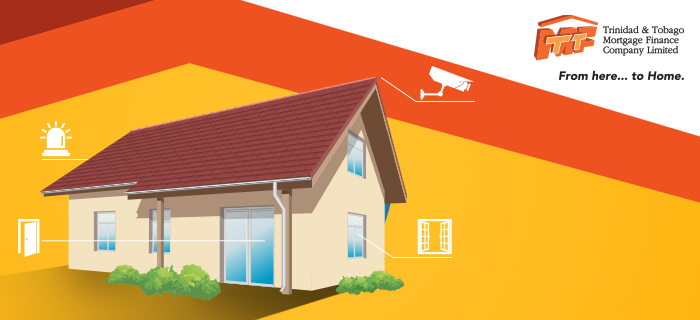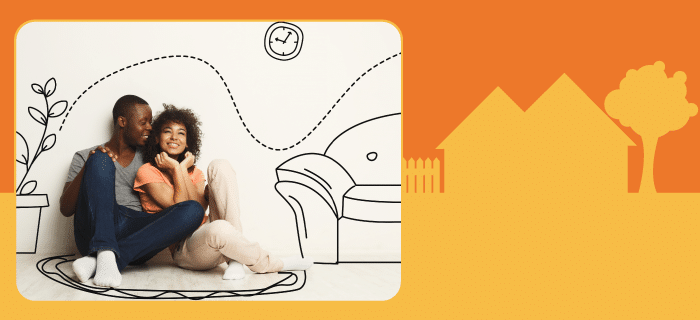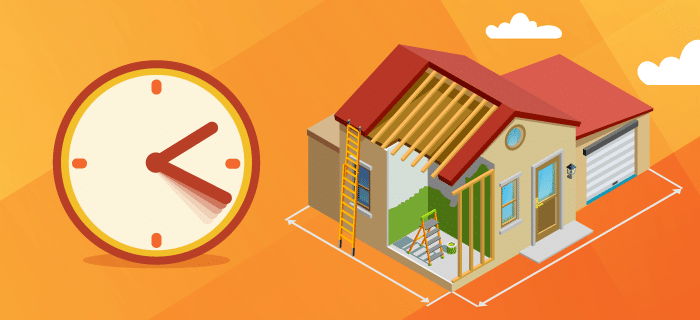There is a lot that you can do to keep your house safe. The options range from purchasing homeowners insurance to installing a security system, to minimizing your risk exposure from natural disasters such as earthquakes and floods. We’ll go into more detail below so you can make sure you have your bases covered.
Homeowners Insurance
There are several circumstances which can put your home at risk. It be an act of nature such as a flood, hurricane or earthquake, or an accident such as forgetting to turn off the stove. So it is important to protect yourself and your home ahead of time. There are several Homeowners insurance options available and they cover different things based on the specific insurance policy (for example Property Insurance is very different from Content Insurance). Assess your home situation and be particularly mindful of areas where you might be highest at risk (for instance if your neighborhood is prone to flooding). Take these factors into consideration and research insurance providers and packages. Review the policy documentation fully and don’t be afraid to ask questions so you can ensure you understand exactly what you are buying and what you are covered for.
Home Security
It’s important to be proactive and safeguard your home from burglars and potential intruders. Ensure that all points of entry to the home are sturdy and in good repair. In addition, consider getting a dog or installing a security system. Home security systems aim to secure entry points including doors and windows. For those that are more tech savvy, you may be able to purchase and install your own system, or you may choose to hire an expert to set everything up and walk you through how it works. There are also options to have your security alarm connected to a security company that will check on your safety in the event of a breach. Teach your family what to do in the event of an emergency and it’s wise to have a home drill so everyone is familiar with what to do. Other helpful ways to improve the overall security of your home include keeping your property well lit (so there are fewer dark corners for intruders to hide in) and having features such as motion sensor lighting and surveillance cameras. Take the time to determine which of these options may be a fit for your home.
Flooding
Plan ahead so that you are ready for seasonal weather patterns such as the rainy season when your home may be more at risk. In addition to researching your insurance options, there are precautions you can take to help minimize flood damage. For instance, investigate any changes you can make to your home such as raising electrical sockets to at least 1.5 metres off the ground. It also is important to look at lawn and drainage management to regularly clear debris and modify drainage options. For more information, have a look at this article with tips on reducing flood damage.
Earthquake
Trinidad and Tobago is no stranger to earthquakes so it’s prudent to be on top of earthquake preparation as well. Take a look at your home and identify any structural defects such as: cracks in walls and ceilings, structures which are not anchored to their foundations or weak crawl space walls, unbraced pier-and-post foundations and unreinforced masonry walls and foundations and seek to have them repaired. Secure furniture and heavy items that may topple over and safely store breakable items so they pose less threat. Prepare an emergency kit and ensure your whole family knows the plan of action and how to turn off gas, electricity and water. For more tips, check out this article on earthquake preparation.
Hurricanes
Educate yourself and your family on what to do if there is risk of a hurricane. Some good resources include the Red Cross’ article on hurricane preparedness as well as FEMA’s article with hurricane safety tips. You can start with these sources to learn tips about protecting your property including installing mechanisms such as check valves in plumbing, determining which room may give the safest shelter and making other preparations such as gathering at least 3 days’ worth of supplies.
Fire hazards
As FEMA shares in its lessons on fire safety, “in just two minutes, a fire can become life-threatening. In five minutes, a residence can be engulfed in flames.” Never underestimate the risk of fire and take the time to make a fire escape plan with your household. However, simply making a plan is not enough. Rehearse it diligently so that everyone knows exactly what to do in the event a fire occurs. Install and test fire alarms regularly and replace older models according to manufacturer recommendations and also learn ways to prevent home fires such as never leaving the stove unattended while it’s on, and replacing worn appliance cords immediately.
While these items above are just some of the steps and measures you can take, there’s a lot more research you can do and it’s your responsibility to educate yourself and your family.







